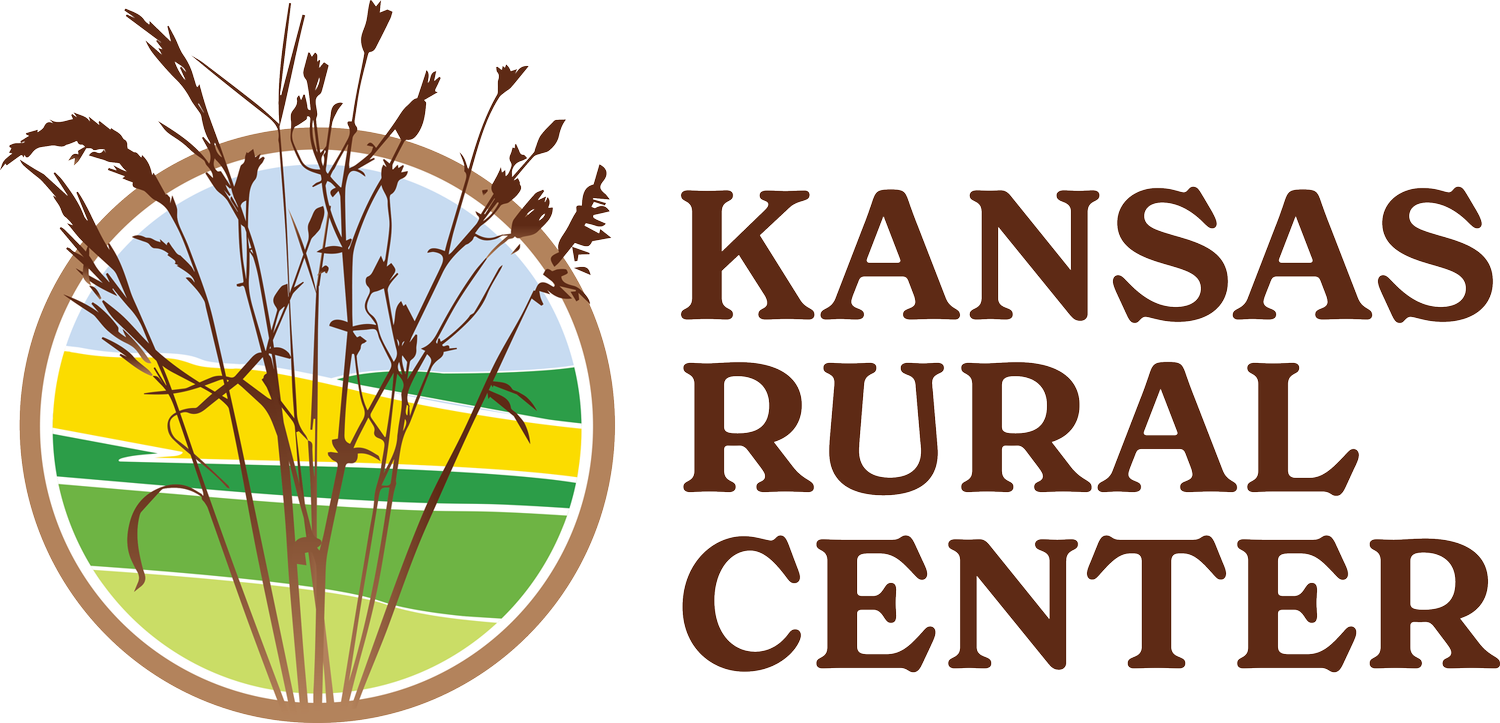KRC’s Homegrown Board Member - Jennifer Kongs
I have several memories from my childhood that revolve around gathering, growing, cooking, and eating food. I remember harvesting apples and walnuts with my grandparents, sowing watermelon seeds in the section of my mom’s flower garden she let me “manage,” and being served pickled beets and applesauce and other canned foods as a normal part of a family meal at grandma’s house. My mom has always been big into recycling — I remember the smell of the place we would drove the boxes of cans we’d saved to have recycled to this day!
But, the connection to all of these things as tied to agriculture and food systems didn’t happen for me until I was in college. I went into Environmental Studies and knew I loved plants, but discovered quickly I did NOT love my Chemistry or Biology Labs. By chance, I landed on some incredible Environmental Geography classes, where we were encouraged to trace the origin of a modern-day issue, such as the Red Tide in the Gulf of Mexico, up the chain of place-based causes — beyond chemicals in the water in the Gulf, beyond Midwestern monoculture agricultural practices, beyond Washington-based farming incentives in the Farm Bill — and so on. I was fascinated in this systemic understanding of how our socio-political structures impact our choices — and the effects these lead us to experience.
I tied local food systems into my environmental passion and was led back through my own family’s farming roots around Seneca, spent hours learning seasonal food self-sufficiency skills from my grandparents (of course, including pickled beets and applesauce), and worked on local farms (including the organic vegetable farm of long-time KRC Board Member Joy Lominska and her late husband, Bob).
Jennifer’s son enjoying his agrarian life.
My husband and I now own about 40 acres outside of Lawrence. We have a large organic vegetable garden, a small orchard, raise laying hens and pastured pigs. We also manage some woods and open pasture, and are working with a friend to put our pasture to use for her pastured beef operation. I get the most joy watching my son, who is now six years old, participate in growing and preparing the foods we all eat, and especially when he shares it with his friends who don’t have the opportunity at home to produce as much food as we can.
In my day job, I co-own a content marketing agency that exclusively works with nonprofits and impact businesses — so I end up spending quite a bit of time in online meetings with people from all over the country. It is super unusual to them that I have this much land (ha!) and produce food. Honestly, in Kansas, it doesn’t seem to strike people as nearly so crazy! But, inversely, our organic and pasture-based values are more valued outside of our state than I have found within our state’s borders.
I often am in conversations about regenerative finance and regenerative economies that include transitioning to regenerative and climate-smart agriculture, but these conversations so rarely include the folks who work the land in the Midwest. I feel there is still a gap between those of us who live here and are working for a new kind of agriculture and those who are developing theories on how to finance and invest in climate justice and climate action in other parts of the country.
I was introduced to the Kansas Rural Center by the Lominska family, during the time I was working on their farm. I had never been engaged with a nonprofit so aligned with my interests at the intersection of how we produce food that is healthy for all beings and the planet — and I have learned so much from the folks who have fully committed their lives to raise food and steward the land, both past and present, since being involved. The vision and systemic approach to our food and farming challenges and the innovation of community- and planet-based solutions continues to bring incredible value to me, our state, and beyond.
I remain honored to support as I can as a part of the Board.
-Jennifer


